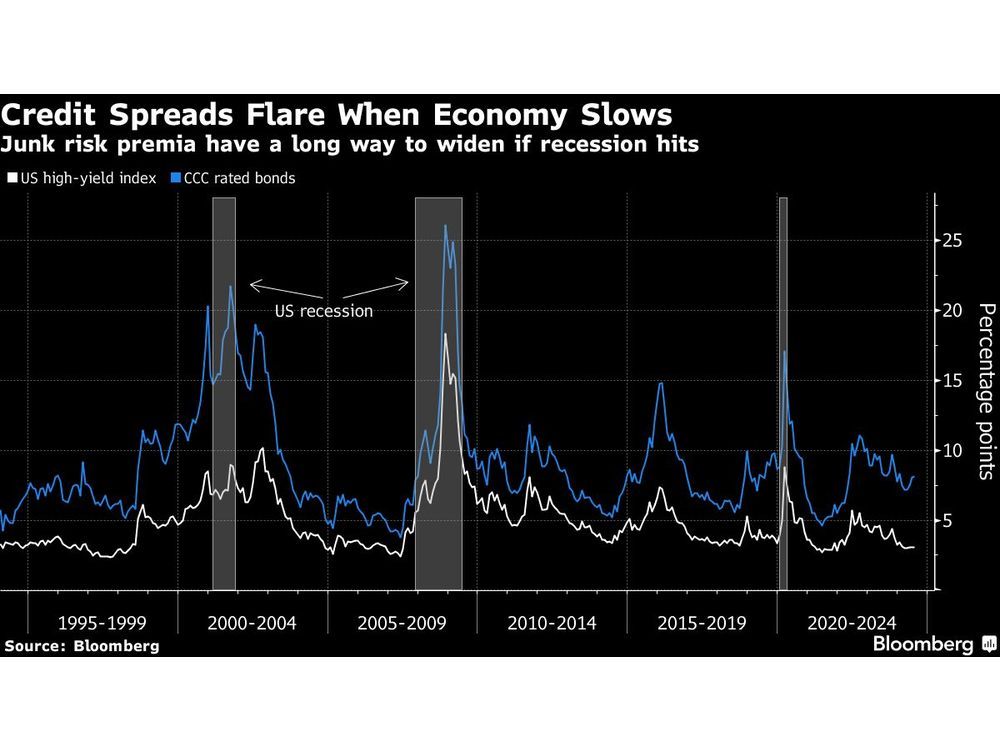Follow us on LinkedIn
A bond’s value may fluctuate depending on various factors. Sometimes, these factors can be internal. However, external factors play a more prominent role in the changes. There are several metrics to measure this sensitivity, including PV01 and DV01. Both methods differ in their application. Before understanding the differences between the two, it is crucial to discuss them individually.
What is the Price Value of a Basis Point (PV01) of a bond?
The price value of a basis point (PV01) is a method to measure a bond’s price sensitivity to changes in its yield. It gauges how much a bond’s price changes for every unit change in that yield. Usually, these factors relate to each other when deciding a bond’s pricing. The higher the price value of a basis point of a bond, the higher its sensitivity to changes in interest rates will be.
Other names to denote this method include the dollar value of a basis point, the value of a basis point, or the basis point value. The PV01 of a bond is a product of its dirty price, the modified duration, and using a basis point of 0.01%. Overall, this method represents a simple way to calculate the price volatility of bonds. However, it does not consider other factors relevant to the bond, including the coupon rate, time to maturity, etc.
The formula for PV01 is as below.
PV01 = Dirty price x Modified duration x 0.01%
What is the Dollar Duration (DV01) of a bond?
The dollar duration (DV01) is a method to measure a bond’s price sensitivity to fluctuations in interest rates. It gauges how much a bond’s price changes for a change in every 100 interest rate basis point. Similarly, it presents the sensitivity in a dollar amount. The DV01 method uses a linear expression to show the change in bond price.
Another name used to describe the dollar duration is the money duration of a bond. This method applies to fixed-rate and zero-coupon coupons. Similarly, the dollar duration of a bond is a product of bond duration, a change in the interest rate divided by the rate plus 1 and the bond price. Like the PV01, the DV01 is simple. However, it also fails to consider other factors, such as price risk, market risk, etc.
The formula for DV01 is as below.
DV01 = Duration of a bond x [Change in the interest rate / (Interest rate + 1)] x Bond price
PV01 vs. DV01: What’s the difference?
While PV01 and DV01 are methods to measure a bond’s price sensitivity to different conditions, they vary in some areas. PV01 gauges this sensitivity by associating it with the bond’s yield. On the other hand, DV01 links it to market interest rates. Therefore, the price sensitivity for each method differs due to the bases involved.
Both methods also have limited usage. Usually, DV01 is more relevant to fixed-interest rate bonds. It provides better results for short periods. The dollar duration method is also linear. On the other hand, PV01 is non-linear. This method also gives better results for smaller movements in yield. However, both have similar limitations when measuring bond sensitivity.
Conclusion
PV01 and DV01 are terms for methods to measure a bond’s price sensitivity to different factors. The former uses the bond’s yield as a base to gauge this sensitivity. On the other hand, DV01 uses fluctuations in market interest rates to measure sensitivity. While both differ in the use cases, there are similar in some ways, including their limitations.
Further questions
What's your question? Ask it in the discussion forum
Have an answer to the questions below? Post it here or in the forum
Meta rolled back January 6-era restrictions on former President Donald Trump's social media accounts ahead of the Republican National Convention.



June saw 75 filings, up from 62 in May and above the pandemic-era peak of 74 in July 2020, according to S&P Global Market Intelligence.

Credit markets are breathing a sigh of relief after inflation data showed price pressures are cooling broadly, but a weakening economy poses fresh risks to corporate debt.